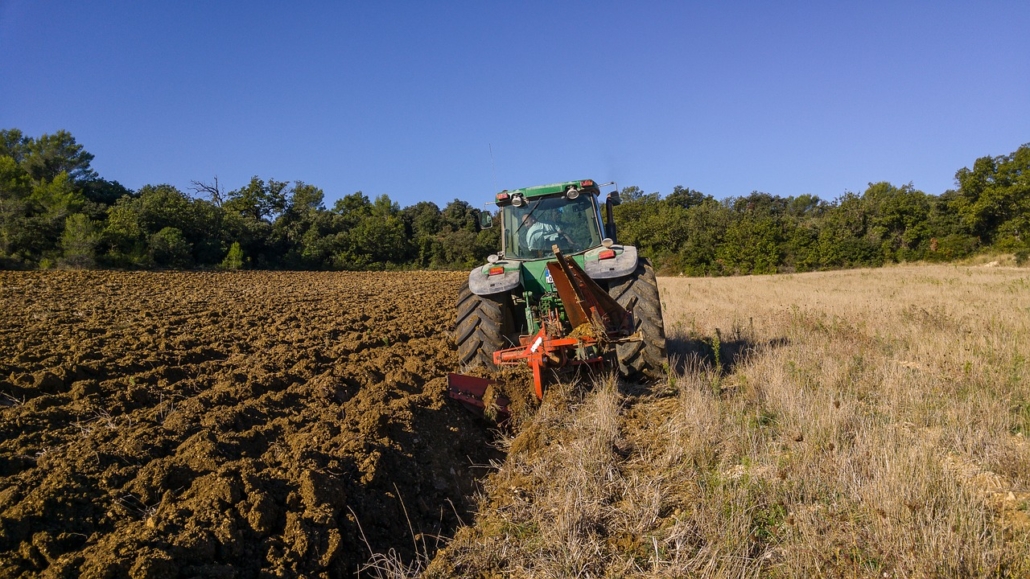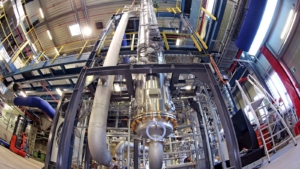
Biomethane fuel offers negative carbon footprint
Although the EU Commission wants to abolish the internal combustion engine in individual transport through eMobility, biofuels are far from dead, according to a new study.
German scientists at the University of Hohenheim have reported that fuels made from agricultural residues can even have a negative CO2 impact on bus and truck journeys.According to the study, biomethane offers a promising and cost-effective alternative to e-mobility, especially in heavy goods transport or for construction and agricultural machinery. “Here, the increased use of biomethane as bio-CNG or bio-LNG (liquefied biomethane) can be an important factor and can lead to a significant reduction in CO2 emissions”, says study leader Andreas Lemmer from the State Institute for Agricultural Engineering and Bioenergy.
Within the probioLNG project, he and colleagues found that regeneratively produced bio-LNG reduced CO2 emissions by more than 65% on average. “If we only used liquid manure, the CO2 balance was even negative,” Lemmer adds. Nitrogen emissions also decreased by 60% with bio-LNG fuelling compared to a Euro VI diesel bus, and particulate matter pollution by as much as 90%.
In a two-stage pressure fermentation established at the Karlsruhe Institute of Technology, it was possible to produce biogas with a methane content of over 90% by volume. The use of the fuel is currently being investigated in the joint project “NEOBus”. In addition to a negative CO2 footprint, BIO-LNG offers a good additional source of income for farmers.


 Rheticus/Evonik
Rheticus/Evonik Innate Pharma SA
Innate Pharma SA